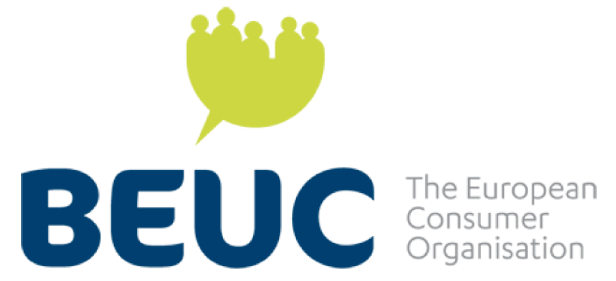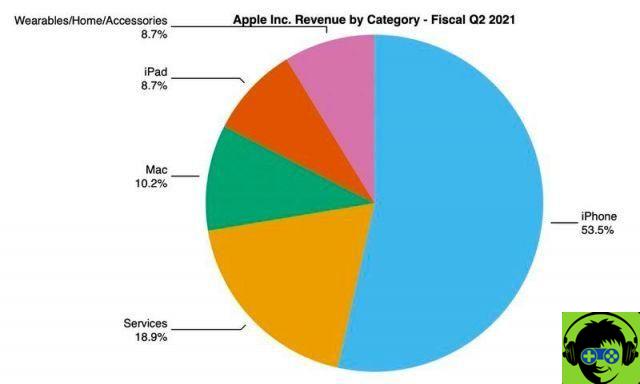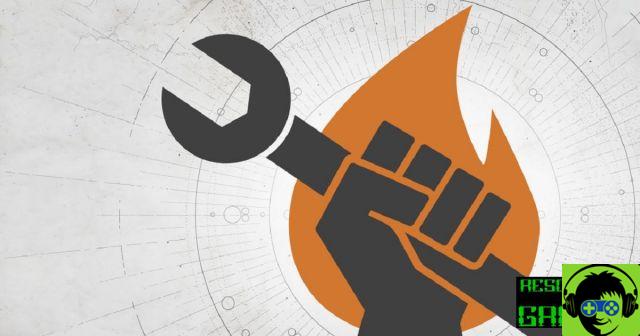The European Commission allows the Bureau Europeen des Unions de Consommateurs (BEUC), translated "Office of Europe for Consumers Unions", to provide information in its antitrust investigation into Apple Music.
The European Commission has given Apple three months to respond to its initial allegation of violating EU competition law with Apple Music. Meanwhile, the commission has formally recognized the BEUC as an interested party.
'We look forward to working with the Commission to ensure that European consumers have access to a full range of music streaming services without their options being unfairly restricted or prices being artificially inflated,' says Monique Goyens. director general of the BEUC, in a statement.

BEUC represents 46 independent organizations from 32 countries. He states that his main objective is to represent these organizations in the EU "and to defend the interests of European consumers".
Being formally recognized as an interested party means that the BEUC will be able to provide consumer information to the survey.
On the part of Spain, the CECU (Confederation of Consumers and Users) and the OCU (Organization of Consumers and Users) and an affiliated member of ASUFIN (Association of Financial Users) are full members.
The new law could specifically target large tech companies
As the EU elaborates the proposed regulation to regulate technology companies, a European legislator wants the financial definition of 'Big Tech' (or Big Tech) to be changed to ensure that major North American companies are affected.
The European Union has proposed legislation that could regulate big tech companies and fine them for failing to abide by the rules. As the Digital Markets Act (DMA) continues its process of becoming law, the legislator of the European Parliament, Andreas Schwab, wants to introduce new changes in the definition of what a "Big Tech" is.
According to Reuters, there are currently two specific definitions of what is considered a Big Tech company, or 'online gatekeeper'. The first is that they are companies that in the last three years have achieved an annual turnover of over six thousand five hundred million euros in their European activities.
The second is that they had a market value of 65 billion euros in the last fiscal year. In both cases, as originally proposed by the European Commissioner for Competition, Margrethe Vestager, they must offer what is described as a platform service in at least three European countries.

In a new report for the EU, lawmaker Andreas Schwab says these thresholds set out in the definition should be raised. In his recommendation, the revenue should be set at more than ten billion euros and the market value at at least one hundred billion euros.
"The DMA should be clearly directed towards those platforms that play an indisputable role of" gatekeepers "(gatekeepers) due to their size and their impact on the domestic market", he says "it is appropriate to increase the quantitative thresholds and add (...) that are suppliers not only one but at least two basic services of the platform ".
Previously lower levels would mean that tech companies in the US, Europe and Asia would be affected by the new legislation. If Schwab's proposal is accepted, raising the thresholds would likely limit the law to North American companies like Apple, Google and Facebook.
If approved, the Digital Markets Act and related "Digital Services Act" would be used to allow smaller companies to compete. For example, Apple may be forced to stop promoting its own apps rather than competitors in App Store searches.
According to Schwab's proposal, Google and Apple could be forced to allow users to delete reinstalled apps. They may also need to share more information on app performance.
EU competition commissioner Margrethe Vestager said the two laws would ensure that "users have access to a wide range of safe products and services through the Internet" and that the aim is that "businesses in Europe compete freely and loyally in both the physical and virtual world ".
If the law is passed, when a company is found to be in breach of the law, it can be fined. A proposal that could condemn them to pay 10% of the company's global annual turnover.
It is also possible that, in the face of repeated and systematic violations of the rules, the EU will force companies to split up. However, the EU ensured that this would be the last resort once it proved that it was no less burdensome.
The Parliament, which also has two other committees working on amendments to these legislative proposals, plans to have a joint proposal by the end of this year and to start negotiations with European countries, within the European Council, in 2022 .


























